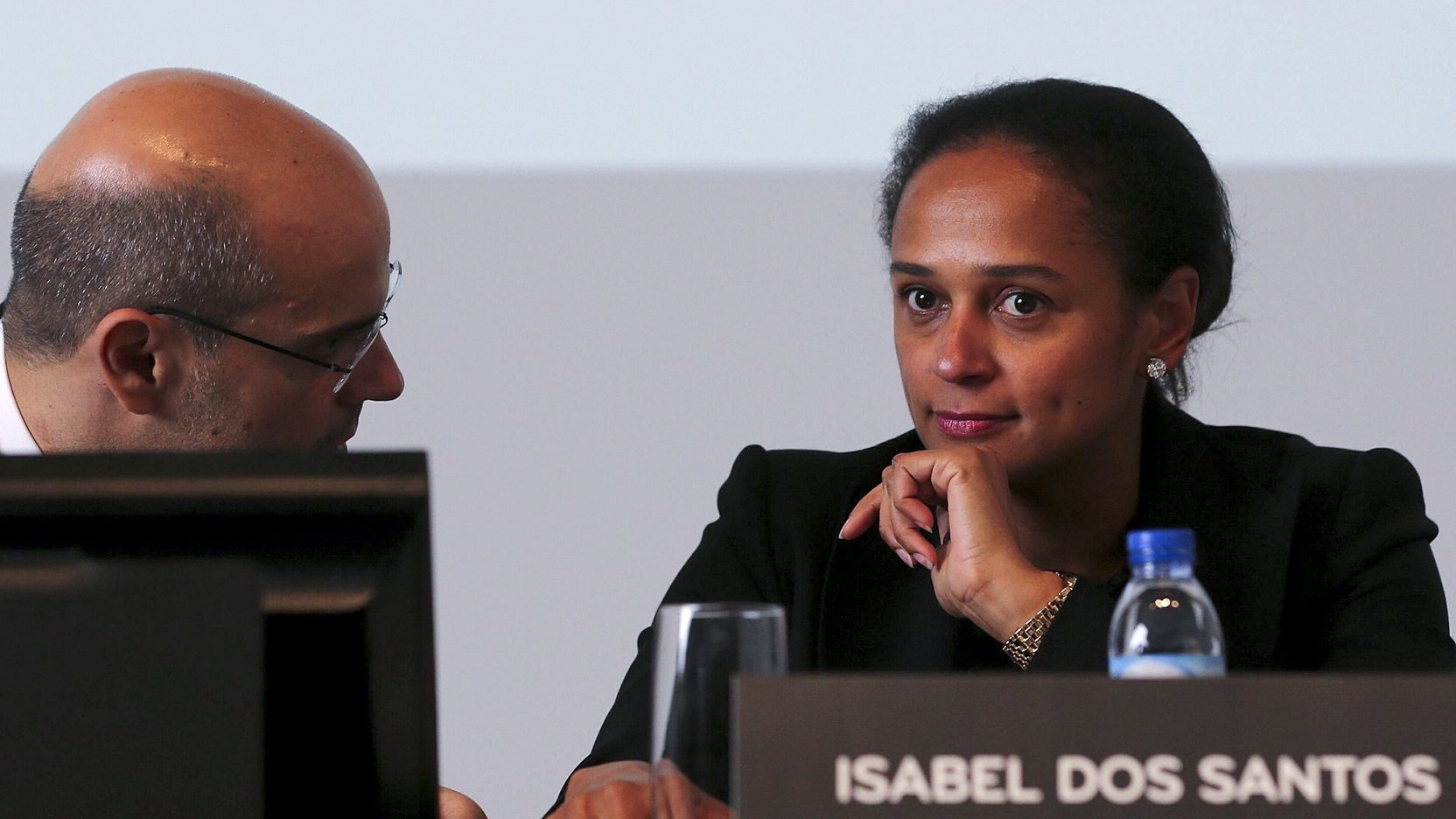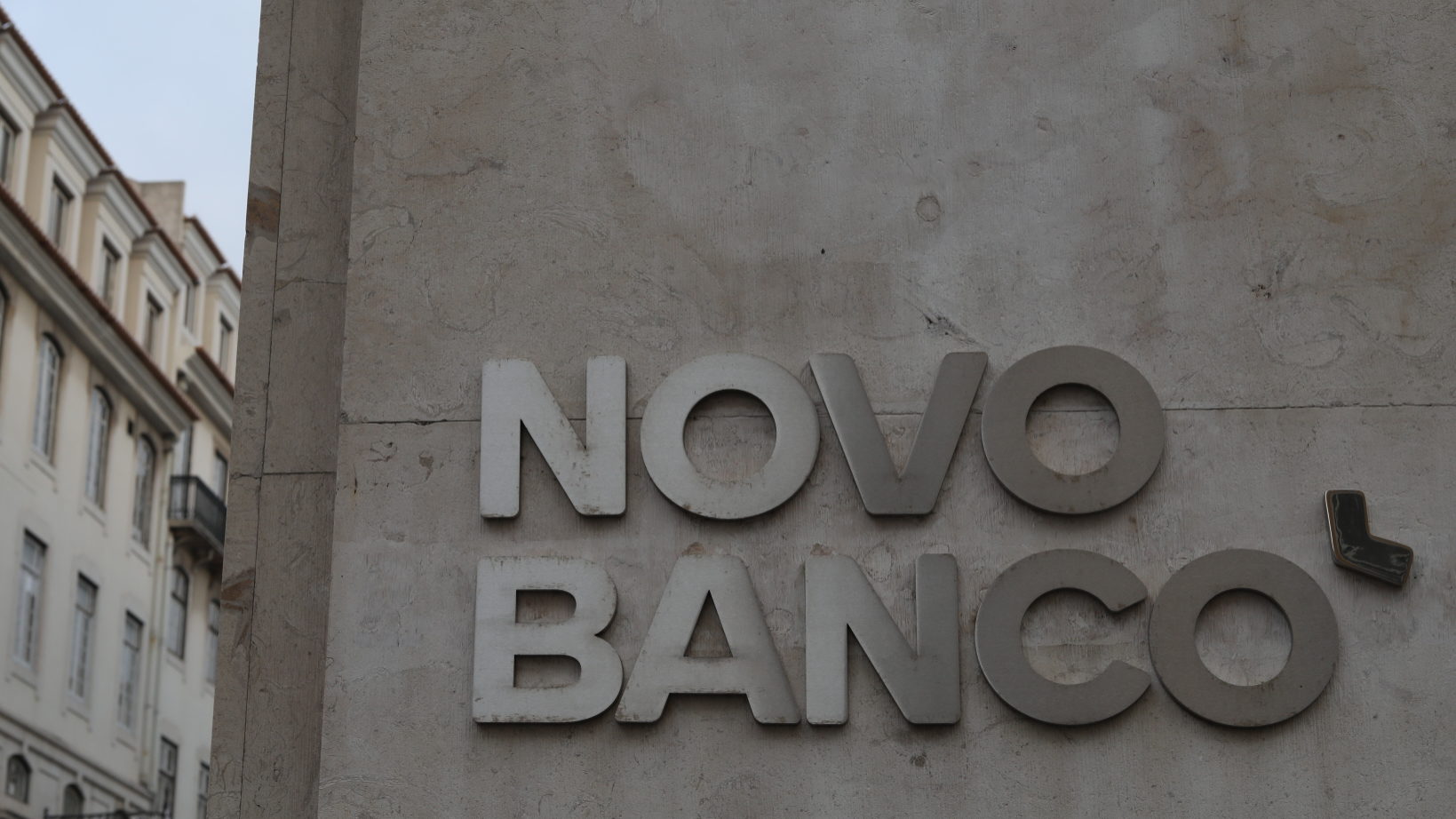Efacec: “Portuguese banking restricts companies’ growth”
Ramalho's goal is to carry out Efacec's strategic plan. He refrained from commenting on the reference shareholder Isabel dos Santos, but stated: "We have everything we need from our shareholders".

Ângelo Ramalho is the CEO of the Portuguese company Efacec since November 2015, when Winterfell, a company controlled by Isabel dos Santos, acquired 66% stake of the Portuguese company. In an exclusive interview to ECO, the manager stated he and his team’s goal can only be to “carry out Efacec’s strategic plan”, since the company’s shareholders were highly involved in its design and approval.
When asked about Isabel dos Santos, the majority shareholder, he was prompt to answer: “My shareholders have appointed me to work at Efacec, therefore, I refrain from commenting on my shareholders, as it would be intrusive to do so”. The CEO also mentions that, at the end of the day, what matters are results and knowing that “shareholders will provide the means to make the company reach its goals”. More so because, as Ângelo Ramalho points out, “we lack absolutely nothing for continuing to make Efacec the national reference it is and turning it to an increasingly stronger international reference”.
Efacec is based in Portugal where it develops its technologies and has its reference clients; the Portuguese market accounts for 20% of the company’s balance. But the CEO states: “We want an environment which allows for our company to function in Portugal with as much of a competitive base as possible”. Meaning, the company would like Portugal to “take better care and reinforce its exporting platform profile, either for Portuguese companies or international companies which would like to settle in the country and export their products from Portugal”.
As for the troubles in the Portuguese financial system, Ângelo Ramalho states that “the ‘Achilles heel’ of the Portuguese economy is its banking sector”. He considers that although it doesn’t directly affect his company, it is a “permanent concern”, since “it limits the growth of Portuguese companies and, particularly, of exporting companies”. Ramalho believes the Portuguese banking was never doing well and it has been declining: “Portugal must pay special attention to its frailties; as a country, we cannot withstand a difficult context for long”.




